Student Anna Fry introduces her MA Science Communication dissertation on Extinction Rebellion Having struggled through the first year of a Biology degree I was hit with the realisation that, while I had a love of science, the lengthy lab sessions were simply not my thing. Fast forward a few years and one History degree, I …
Tag: science communication
Feb 20
Tom Ritchie discusses Shapin, Meccano, and the Hartree Differential Analyser
You have to use what you’ve got; if you don’t have the stuff, you can’t do the thing. Inspired by this quip from Ben Russell (Curator of Mechanical Engineering at the Science Museum, Kensington), my latest Ph.D. chapter considers the ways in which the stories of the Hartree Differential Analyser have been changed in …
May 17
Emus in space: visualising western and indigenous knowledge
2-image display for Yamajiart Exhibition 2007. The Emu has great spiritual significance for the Aboriginal people for many male-kin initiation ceremonies. Their sacred role was (is) embedded deeply in place-based cultural attachments.1 Emus were a primary food source during the seasonal egg cycle, and remain frequent subjects in aboriginal art, reflecting their importance in …
Jul 01
‘Visualising dynamic theories, what diagrams of molecular pathways represent’ by Filippo Guizzetti
Visualisation is a constitutive and essential part of the scientific activity. From basic research to the production of evidences (Amann and Knorr Cetina 1988), from the development of scientific theories to the stage of public evaluation, several methods of representation are the root from which the scientific discourse unfolds (Pauwels 2006, p.vii; Lynch 1988, p.153). …
Feb 17
From Course to Collider: My adventures at CERN
by David Lugmayer Science can be complex. Even with a lifetime spent studying the sciences one could still not learn everything it has to offer. Yet much of this knowledge can be very important to our lives, whoever we are and whatever occupation we have: This is why we need science communication and is one …
Oct 27
The way things go: science and art
I heard more spontaneous conversations today about science than I have ever heard in any exhibition anywhere. ‘Why are those rings rolling uphill?’ ‘Why is that water burning?’ ‘What will happen when the balloon fills?’ I was not at a science exhibition, but at the Turner Contemporary Gallery’s new show, Risk. The piece I was …
Feb 10
Blister Cinema
An opportunity to discuss an exciting art and science project with Margate-based artists Genetic Moo Genetic Moo are currently working on an Animate Project commission Silent Signal which is supported by the Wellcome Trust. Silent Signal comprises 6 art-science collaborations which explore how the body uses soundless internal dialogues between cells to fight disease. In …
Jan 15
Industrial Gas Museum, Athens – Creating and sharing knowledge about society
This guest post is by Dimitrios Sakellariou, who is currently a student on the Science, Communication and Society MSc programme, which fed into class discussions on the role of museums during the History of Science and Communication core module. “Can a museum be the means for social change?”, I asked myself when I visited the …
Mar 28
Graduate Student Profile: Jessica Miller
Science Comma talks to Science Communcation alumna, Jessica Miller. 1) Why did you choose this course? I have always enjoyed science; however, I realised during my BSc in Biological Sciences at the University of Exeter that laboratory work wasn’t for me. During the third year of my undergraduate degree I took a module in Science …
- 1
- 2


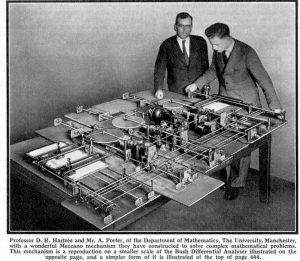
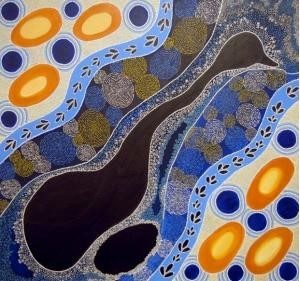

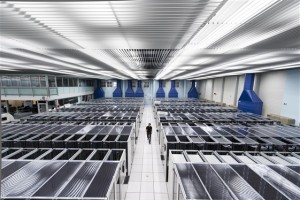
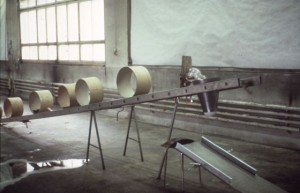
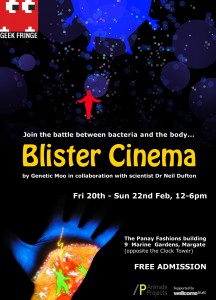
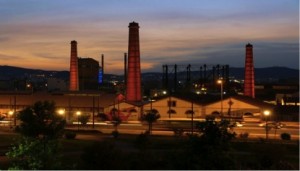

Recent Comments